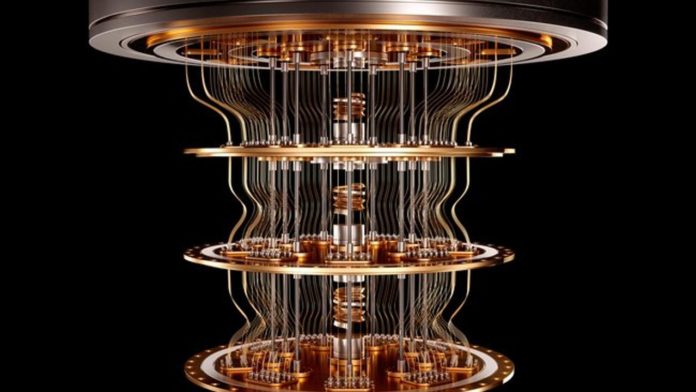The Eindhoven University of Technology (TU/e) will receive €1,5 million.
This is for the development of a ‘hybrid quantum computer’. The TU/e itself will also contribute money. The money comes from the Dutch government.
They’ve pledged a total of €23.5 million for innovation in quantum technology. The TU/e wants to use the money to build a hybrid quantum computer. That combines a quantum computer and a ‘normal’ modern supercomputer.
Can do complex calculations
This hybrid computer will be used for very complex calculations. Standard computers can’t do these complex sums. They involve calculations in several fields. These include medicine, quantum chemistry, and materials science. Quantum computers can make those more difficult calculations using innovation that underlies how computers work.
Regular computers work with bits – 0’s and 1’s. These devices store information by different combinations of zeros and ones. In quantum computers, quantum bits – or qubits – replace these standard bits. These bits store both a 1 and 0 simultaneously.
Before that theory can be applied in practice, however, some technological breakthroughs are still needed. That’s the challenge facing university researchers. They could develop their hybrid computer by 2024.
Source: Studio040
Translator: Bob
Editor: Melinda Walraven
















